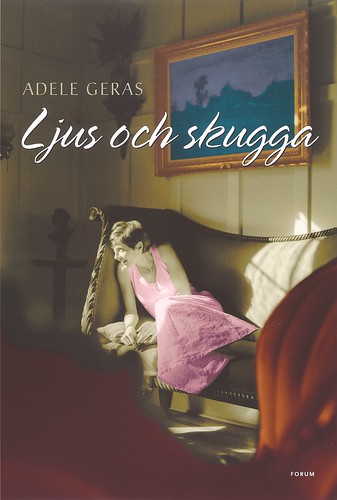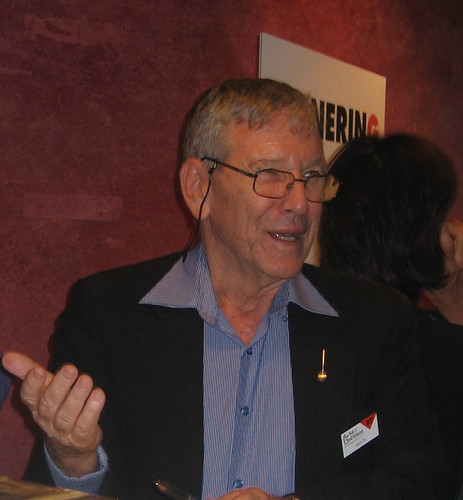I had honestly forgotten about it. Totally, I mean, and not just the finer details. A while ago a freak pingback on a nine-year-old post on here made me have a look to see what it was. To begin with I didn’t even recall it as I read, but slowly it came back to me.
It, and the 27 comments, from nine authors, including the then children’s laureate Michael Rosen. Usually I remember my more successful posts, even in the past. But not this one.
The funny thing is, it started as nothing more than a disappointed review of a television programme on school libraries. A programme about Michael Rosen visiting a school. I wanted a good moan, and then I was fine.
But people commented like there was no tomorrow, and then, as I said, Michael himself pitched in with a couple of very long comments. I don’t even know how he found the post. (Until that day a few weeks ago, I’d been proud that he’d joined in a discussion on a blog I’d written for the Guardian…)
By now, it’s not just the comments on blogs that we’ve lost; it’s the school libraries too. So from that point of view, the programme is obsolete, even if our opinions are still valid.
Much as I enjoy the bantering on Facebook, it is what killed blog communities. I miss those comments and the way people returned to see what had been said and then offered up more thoughts. I get the hits, and if I hadn’t disabled the like button, people would like my posts.
But most of any chatting about anything I write on here now happens on Facebook. That’s not bad, but it happens away from the actual article we’re discussing, and it’s limited to my friends, or friends of friends, if someone shares. But you can’t do what I did that day recently, which is revisit the post, and then read all the comments from the past.
I called it a freak pingback. It really was, because it wasn’t new, it was a repeat from nine years ago, and presumably happened for some technical reason in cyberspace. But revisiting the whole thing was interesting.













